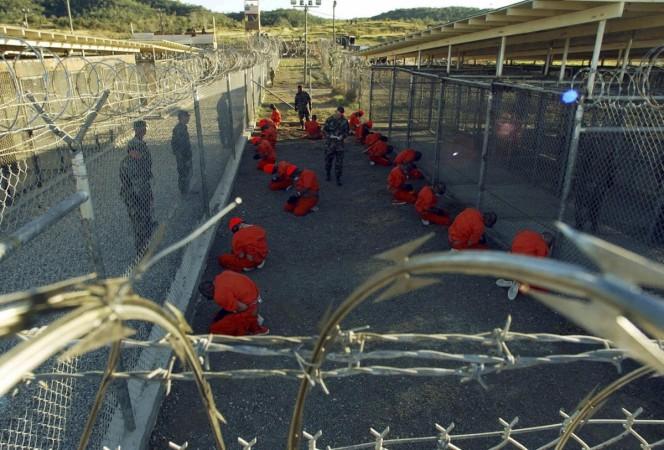
The United States still indulges in extreme forms of torture such as prolonged sleep deprivation, though the Obama administration has successfully banned waterboarding, the United Nations said in its report on Friday.
The UN Committee Against Torture reviewed America's human rights record to find torture techniques such as force-feeding, indefinite detention without trial, and also the shootings of unarmed black youths, which have sparked riots following the Ferguson incident.
This is the committee's first such review since 2006, in which it has highlighted torture practices still being followed in Sweden, Ukraine, Venezuela, Australia, Burundi, USA, Croatia and Kazakhstan.
The committee has called the US to abolish the "physical separation technique" stating that it is concerned about certain aspects of Appendix M of the Army Field Manual, which has provisions for sleep deprivation.
It has said that "use of separation must not preclude the detainee getting four hours of continued sleep every 24 hours".
It has also pushed the US to abolish the "field expedient separation technique," which aims to prolong the shock of capture by applying goggles or blindfolds and earmuffs to generate a perception of separation.
Some of the other points in the report of abuse in US prisons include sexual abuse and rape, 'botched executions' in several states such as Arizona, Oklahoma, and Ohio, reports of inmate deaths as a result of 'extreme heat exposure' while imprisoned in 'unbearably hot and poor ventilated prison facilities' in Arizona, California, Florida, New York, Michigan and Texas.
However, the committee reserved much of its criticism for the George Bush administration that had introduced extreme torture technique on detainees in the infamous Guantanamo Bay prison in Cuba after the 9/11 attacks, under which detainees were subjected to water-boarding, extremely loud noises, unbearably bright lights and other such measures.
While the committee appreciated President Barack Obama for stopping some of the 'enhanced interrogation techniques', it said that it "regrets that a specific offence of torture has not been introduced yet at the federal level".
It also discussed disturbing torture practices in other nations, such as high rate of custody deaths and torture to extract confessions in Kazakhstan, violence against women and trafficking in Australia, attacks on human rights defenders in Venezuela and the lack of a separate juvenile justice system in Sweden.
















